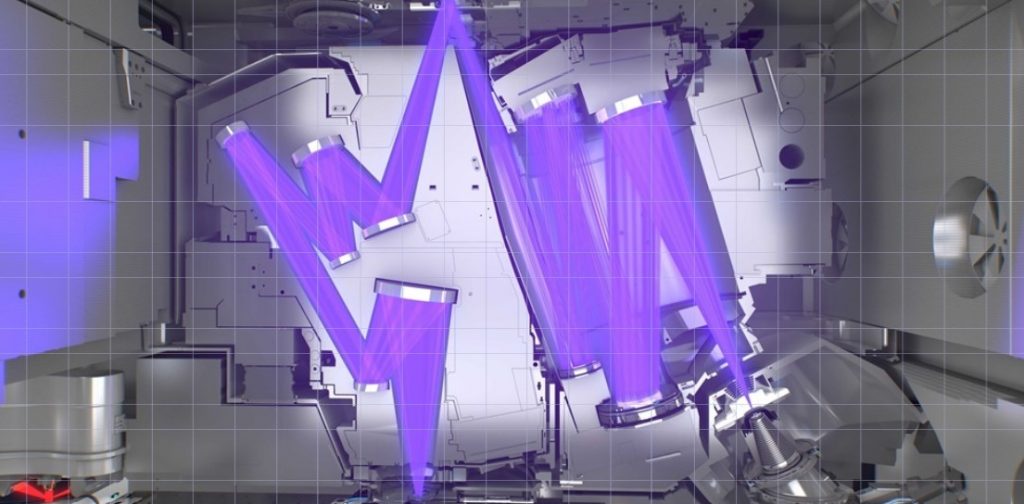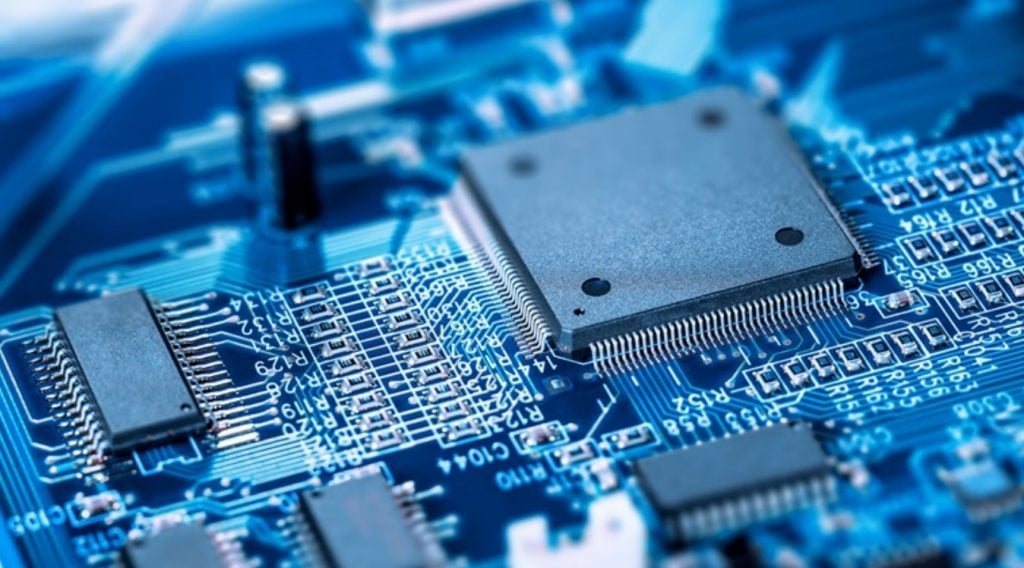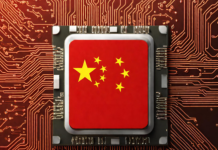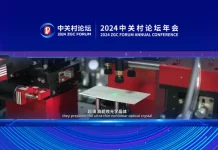Europe’s largest semiconductor equipment manufacturer ASML Holding N.V. said that the company expected to continue exports to China at the same level as it did in 2022, despite the building pressure from the US to increase export sanctions on the country.
The company is expecting to earn around 2.2 billion Euro from China sales in 2023 and hopes that the ongoing diplomatic talks between US, Japan, and Netherlands did not end in any more sanctions against China, which can jeopardize the whole semiconductor industry.

The Dutch company plays a vital role in the semiconductor industry as nobody else in the world can make the complex EUV (Extreme Ultraviolet Lithography) machine, required to create advanced semiconductors. All major chipmakers like TSMC, Samsung, and Intel depend on ASML for their lithography machines.
In an interview with Financial Times, ASML CEO Peter Wennik said that he hoped the Dutch Government would choose sensible sanctions which would not affect the key industries that are completely dependent on semiconductors. He further added that the geo-political bifurcations and increasing trade restrictions could create more friction in the industry which can lead to an increase in the pricing or worse, a reduction in the availability of chips.
The semiconductor or chip is one of the hottest technological device of the decade as it is a crucial component found in almost all electronic devices that make modern living possible. Semiconductors are needed in almost all sectors of modern life like communication, health, smart living, military, medicine, computing, clean energy, transportation, infrastructure, and more.

China is the world’s biggest semiconductor consumer and accounts for 15% of the backlog orders of ASML. Last year US introduced increased restrictions on semiconductor exports to China to stop its advancement in AI and disrupt its progress in chip making.
These restrictions stopped ASML from providing machines, tools, personnel, and technical know-how to Chinese companies. At first, the company thought that this would affect its business drastically. However, CEO Wennik said that the actual impact of trade restrictions was not as bad as they thought, as the Chinese customers decided to make older chips using ASML products that did not fall under the purview of sanctions.
Related:
- China Faces Major Threat to Semiconductor Autonomy, as Japan and Netherlands Plans to Join the Ongoing Tech War
- China Plans to End the Duopoly of Boeing and Airbus: Homemade C919 Jetliner all set to Fly This Spring
- World’s Fastest Hydrogen-Powered Train Launched in China
(Source)







